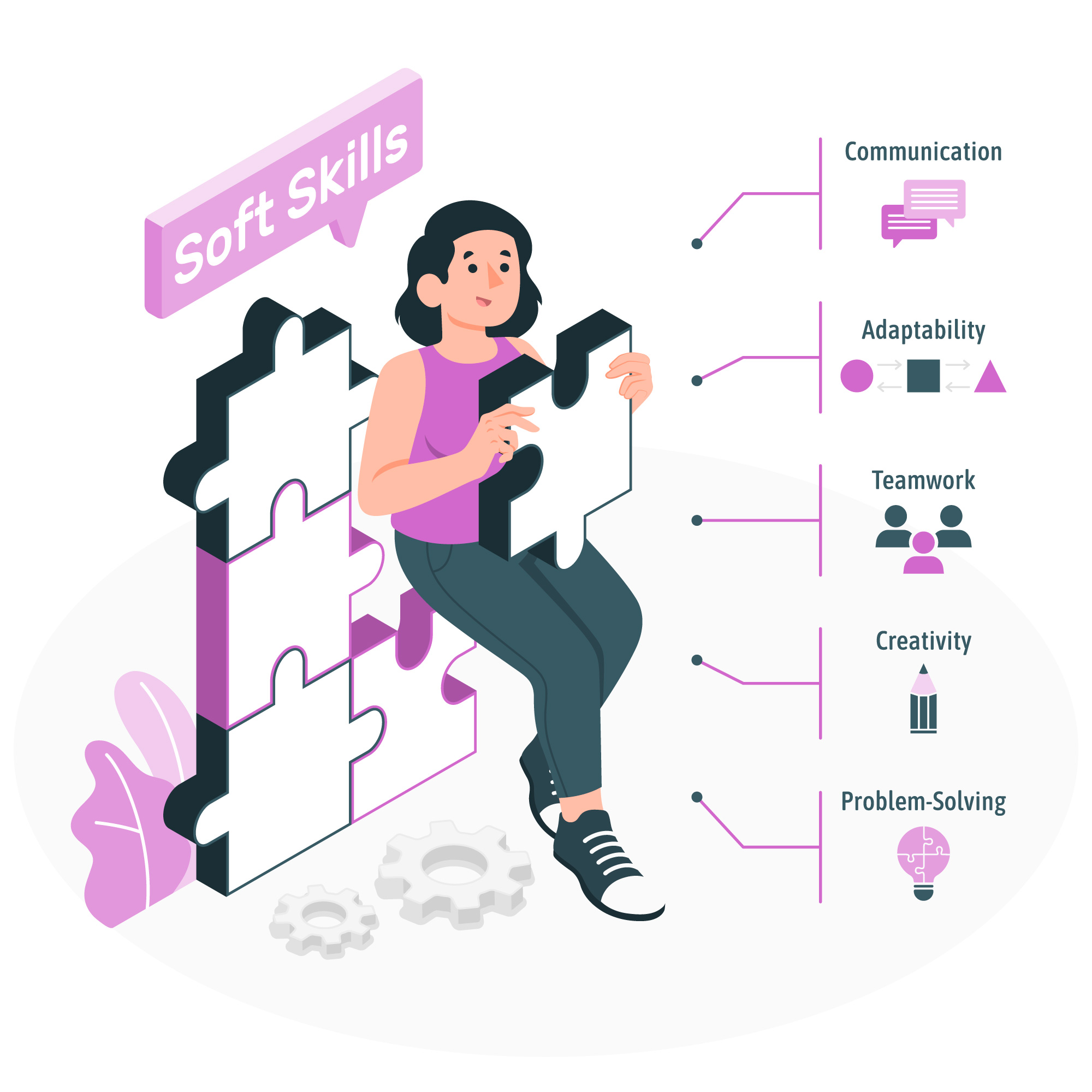The IB program is designed to help learners with a multicultural academic experience. The students are not only taught academic studies but are encouraged to have a global perspective. It will help them succeed in an interactive economy with people worldwide.
The IB programmer seeks to develop special soft skills in each student, also known as the learner profiles. These soft skills are important in the classroom setting and also in the outside world. OWIS is one of the best schools in Riyadh, offering the IB program. Here, we shall examine how the OWIS IB program helps students develop soft skills and why soft skills are important.
What is an IB Education or Program?
The International Baccalaureate (IB) offers a continuum of international education of high-quality education programs to students aged between 3 to 19.
The IB program encourages both personal development and academic excellence. In addition, it challenges the students to think critically and make inquiries while thinking across disciplines. Similarly, an IB education helps foster diversity and a healthy appetite for learning.
How Does IB Help Students Develop Soft Skills?
Soft skills are personal attributes that enable someone to relate effectively with other people. IB education helps students develop these soft skills;
- Independence
The IB program encourages students to be independent. Students become independent thinkers by managing their time, completing assignments without teacher supervision, and reading extensively. Independence makes an IOB student well prepared to continue their studies at University.
- Principled
Students are taught to uphold integrity and honesty while practicing fairness, justice, and respect for others. Additionally, they are taught they are responsible for their actions and should take any consequences.
- Inquirers
Children are generally curious. IB students are naturally curious, enthusiastic, and thirsty for knowledge. Through this curiosity, they acquire the skills to conduct an inquiry, explore and learn independently beyond their class work. The students are often engaged in open-ended discussions rather than asking them to be quiet and take notes.
- Caring
Students are not only taught but are nurtured to become global citizens. They are trained to be empathetic and compassionate. Caring students will always try to help other students in need, whether in education or other matters.
- Open-mindedness
Children are born with an open mind. It’s the job of a teacher to help them remain with an open mind and be objective about the world around them. The IB program encourages students to keep a global outlook in everything they do. As a result, they easily understand their culture and traditions as they embrace those they are unfamiliar with.
- Risk-taking
The IB program empowers students to approach uncertainty and unfamiliar situations with courage and forethought. It helps them have the spirit of exploring new roles, ideas, and strategies. In addition, risk-taking enables them to be brave and clear in defending their personal beliefs.
- Knowledgeable
Students are encouraged to explore concepts and ideas that have both local and global impacts. It enables them to acquire in-depth knowledge across an extensive and balanced range of disciplines. Knowledge about their environment makes them understand any situation and deal with any problems.
- Reflective
They learn how to give thoughtful consideration to their own learning experience. Being reflective means that they can assess and understand their strengths and weaknesses as they continue to study.
- Communication
Communication is a very crucial part of life. IB students understand and express their ideas and information creatively in more than one language. In addition, they are very willing to collaborate and work effectively with others.
- Responsibility
Service to others encourages students to work in their communities and bring change. Students should be encouraged to be innovative and to think of their role while being part of something bigger than themselves. However, it is a powerful soft skill that a teacher can’t teach in a classroom setup.
- Thinking
OWIS assists students in learning how to think through problems and find solutions with minimal supervision. It encourages them to apply their knowledge to various situations. When faced with complex problems, they can analyze opportunities and overcome challenges while making reasonable decisions.
Why are Soft Skills Important to Students?
Training soft skills for students in IB schools in Riyadh have several benefits. These include;
- Helps build emotional intelligence
Softs skills help build emotional intelligence in a student. Emotional intelligence is the ability to control emotion and only use it when the time is right. It is very easy to work in a team when you have a high emotional intelligence quotient.
- Improves communication skills
Communication skills are important in both a classroom setup and the outside world. Soft skills help students improve their communication skills as well as their listening and speaking skills. In addition, students can express themselves better when they learn the art of communication.
- Helps in problem-solving
Students need decision-making ability and a problem-solving attitude. Soft skills enable them to influence their problem-solving abilities by critically analyzing issues and developing creative solutions.
- Helps students set goals and achievement targets
For a student to excel in their schoolwork, they need to set goals and achievement targets. With soft skills, it becomes easier for the students to learn how to reach their goals enthusiastically without distracting their minds.
- Helps understand lectures
In every lecture, a student is bound to learn something new. Soft skills enable students to discover ways to overcome challenges and learn skills that make learning interesting. Additionally, students can adapt to different teaching methods as they absorb what they are taught in class.
- Nurture interpersonal relationships
Students nurture interpersonal relationships in the classroom. It is also a starting point in a student’s life to build empathy. Caring and compassion will help students in the classroom and after completing their studies.
- Helps Develop Leadership Skills
Soft skills help in bringing out leadership skills in students. Similarly, a student learns to be a leader and not a follower. It helps build confidence and self-motivation, a necessary quality for a leader.
What Tips Can Students Use to Enhance Soft Skills?
Students need to keep practicing the soft skills taught to them. They should follow these tips;
- Make eye contact during interactions
Most children are very shy; keeping eye contact can be difficult. However, with practice, they can master eye contact when they have face-to-face conversations with their peers or teachers. Maintaining eye contact ensures that you are paying attention to the other person.
- Aim to be heard
Students must practice effective communication. They should be mindful of the other person’s sensibilities. They should avoid offensive language that might hurt the other person. Additionally, they should clearly understand each other before changing the conversation topic
- Monitor body language
While interacting with others, you must be conscious of your body language. Body language speaks volumes to the person you are interacting with. Students should ensure they don’t come across as defensive, rude, or closed off.
We can’t ignore soft skills as part of a student’s education. For a student to become successful, soft skills are very important. Moreover, it’s never too early to learn soft skills. Hence, children should be taught these soft skills early to grow aware of their capabilities.
At OWIS, we ensure that your child has an all-around growth in academics and acquires soft skills. Contact our admissions desk today for more information and inquiries and book a spot for your child.
For more blogs click here.





